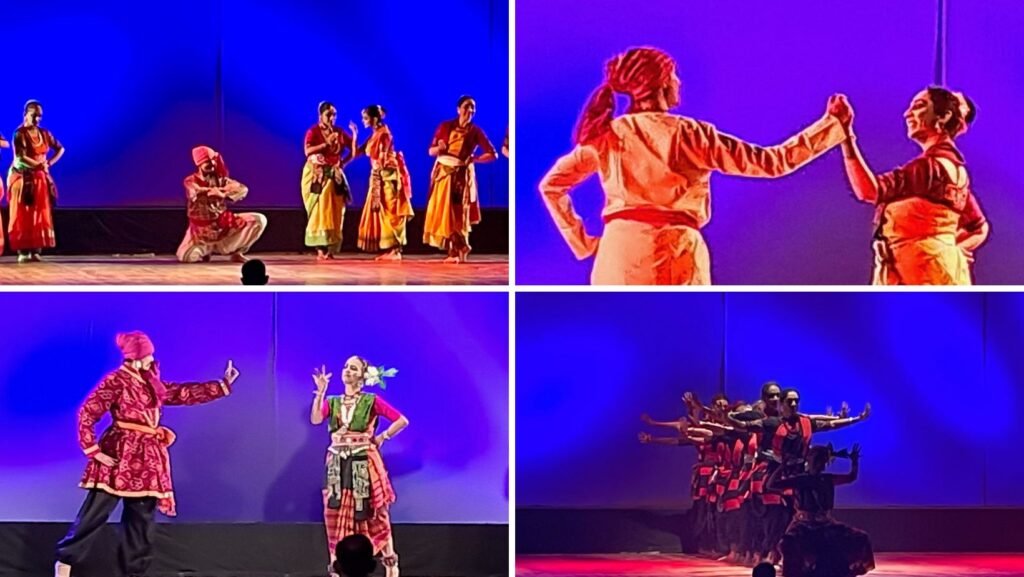
What does one say after a performance? Performing is like a drug. We’re high on it for days after, and we can’t wait to do it again. And elaborate dance dramas? They’re special.
Many of us have been part of dance dramas before. We’ve done the Ramayana twice and Kasturi Tilakam (which takes us through Krishna’s life) multiple times.
But Chandalika was different. The first reason was the music. Accustomed as we are to Carnatic music, choreography was a struggle. The thaal is different; the raags are different; everything seemed alien to us.
I sat with a notebook and calculated the number of beats in each dance and divided them into steps.
Another member of our troupe learned the music, sang and recorded pieces for us to practise.
All of us worked together, week after week, slowly piecing the performance together.
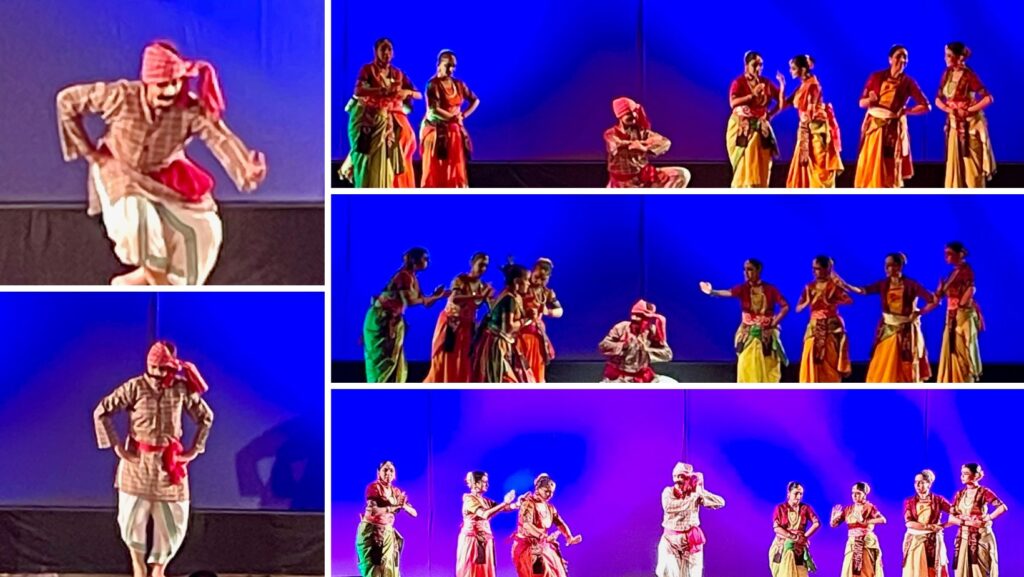
And that one word is the crux of each performance of ours – together. It’s what makes performing such a delight. Laughter, tears, panic, anger … we share it all in the weeks leading up to a programme.
Just a quick look back at what made Chandalika the production it was fills me up.
One dancer (our very own Prakriti) painstakingly typed out the complete script with detailed meanings (and let me quickly add – she isn’t Bengali, so the language isn’t familiar to her).
Another dancer, forever resourceful, convinced a tailor to give us eight salwars and nineteen blouses in three days.
Yet another, who, like so many of us juggles a career and dance, took care of ticketing, which is always more complex than it may seem.
And I haven’t even begun to talk about all the other things – from taking charge of the chenda, a musical instrument left in our care, to spending nights with my teacher so she won’t be alone.
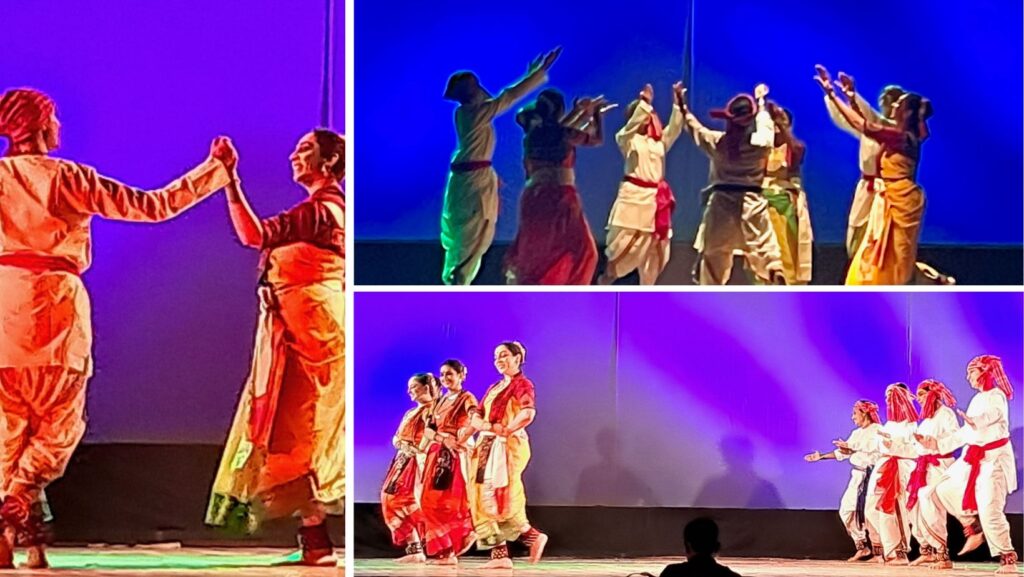
Finally, on the day of the performance, we were tested in more ways than the audience will ever know.
And yet, Maa and Prakriti kept the audience enthralled, while there was utter mayhem in the greenroom.
“I need to change, I need to change, I need to change!”
That’s all we could hear in the greenroom, even as we raced backstage to strip off a costume and pull on another. We helped one another, aided, as always by our incomparable make-up artist Mohan Uncle. And we showed up on stage perfectly dressed, role after role after role.
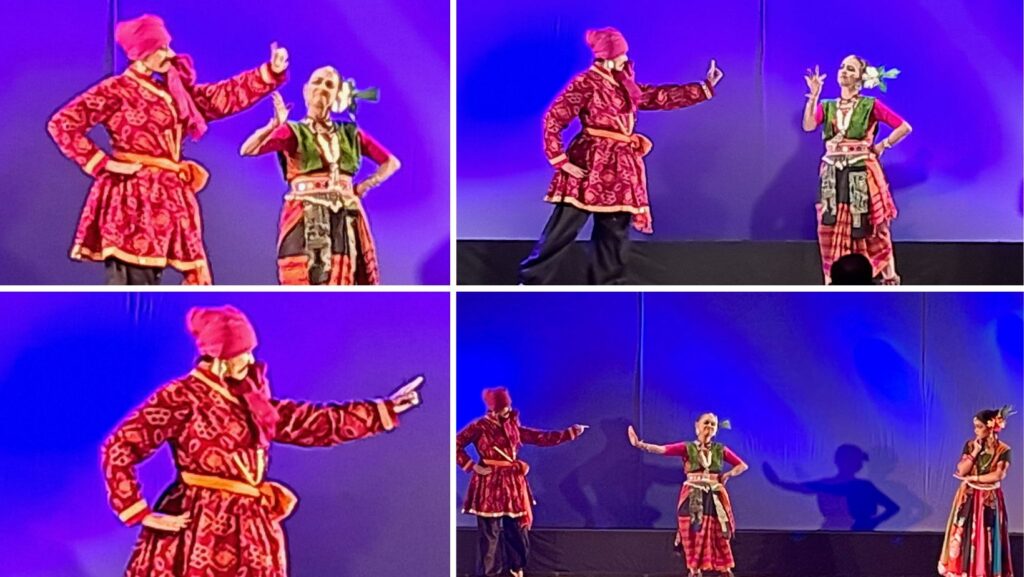
Except once.
When there was no blackout for an entry of ours, what were we to do? We stood in the wings, waiting for cues from one another. When could we enter? And how?
Then Maa, a dancer I will always admire, raised her hands and called us in. And we entered. Not perfectly, but together.
And, just like that, the show goes on.
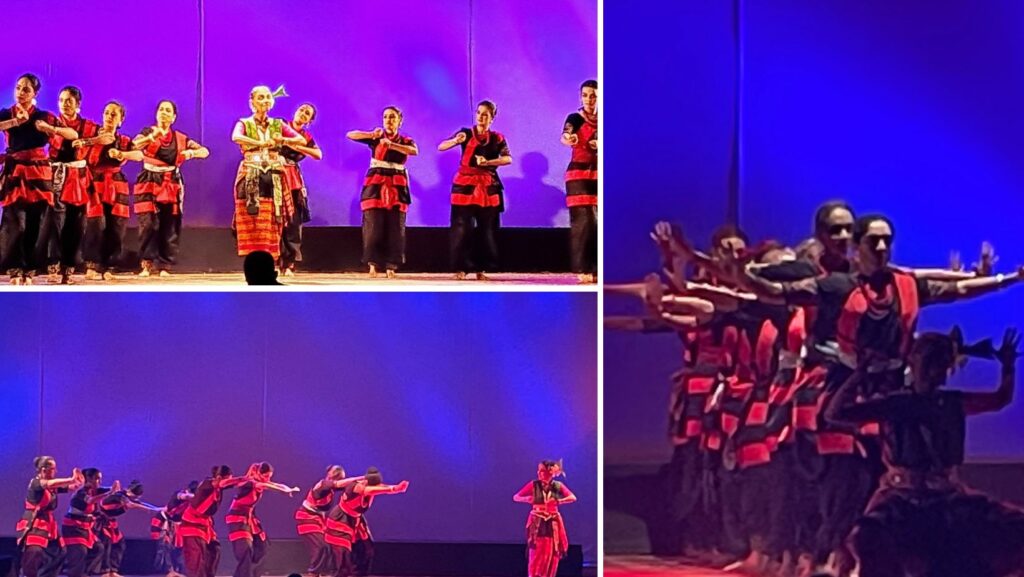
If you don’t know the story of Chandalika, do read it. It’s a powerful tale of acceptance, love and forgiveness. A beautiful story, which, ultimately, was a joy to perform.
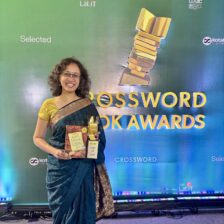
Leave a Reply